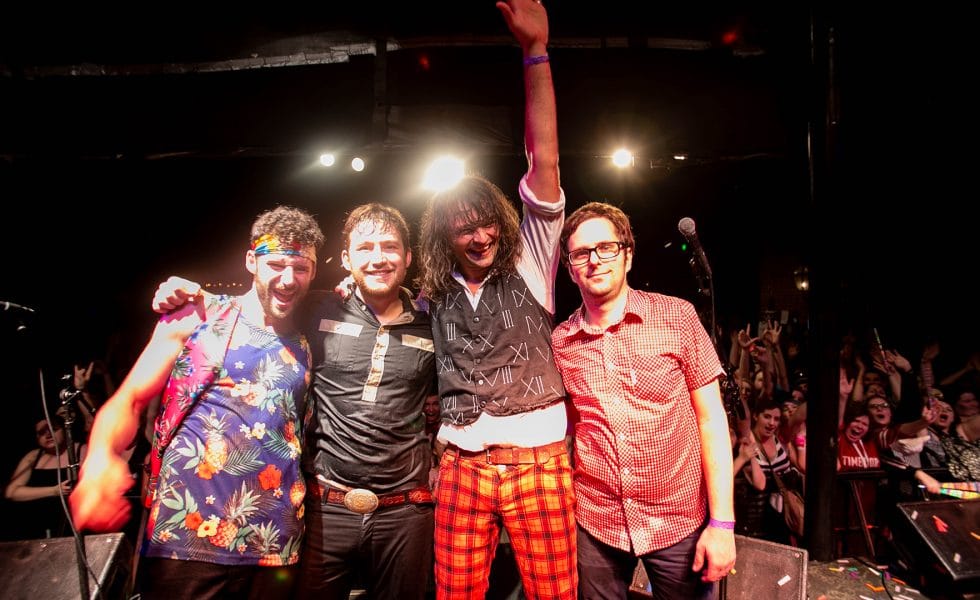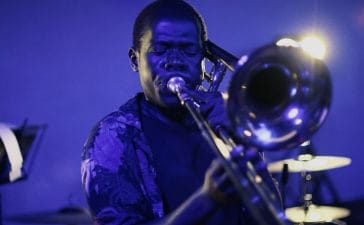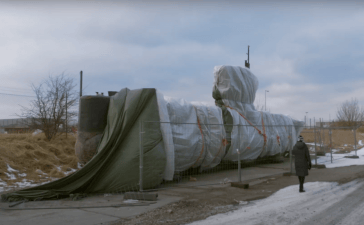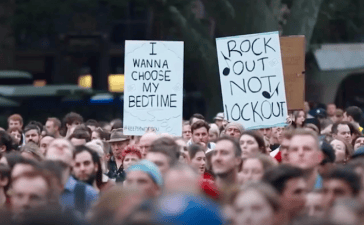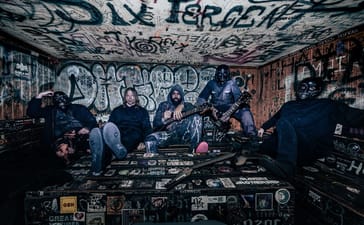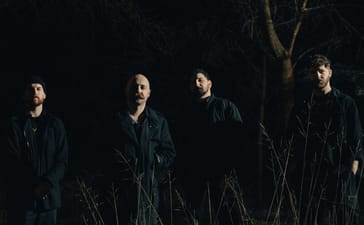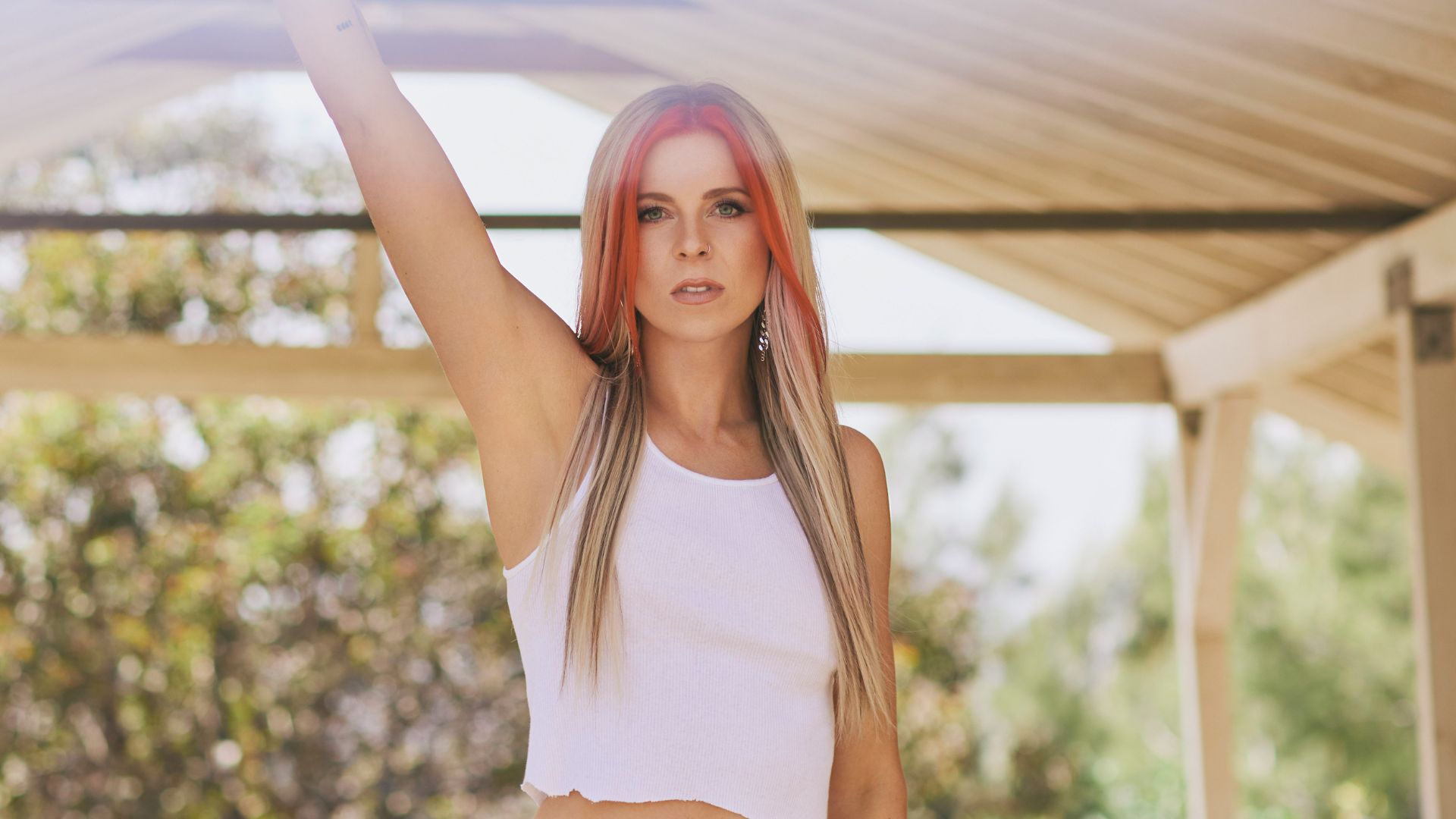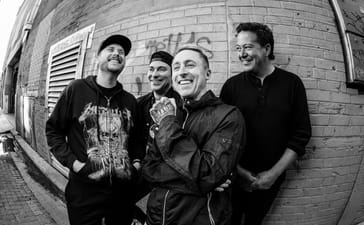As the Melbourne Documentary Film Festival kicks on, there’s one project screening right now that the alternative scene can appreciate more than anyone else. That project is Bleeding Audio, a documentary film that follows the tumultuous journey of iconic rock act The Matches. After signing to Epitaph Records, The Matches ended up breaking up in 2009, a devastating blow to fans that couldn’t help but be swept up in the acclaimed presence of the band. As their contemporaries in blink-182, Hey Monday, Plain White T’s, Motion City Soundtrack, and more weigh in, Bleeding Audio becomes not only about the story The Matches but an entire industry being both disrupted and in some cases, devastated, by the rise of the digital age. We were lucky enough to grab some time to flesh this out with director Chelsea Christer.
Was it you that had the idea for Bleeding Audio, or was it the band? How did it come to life?
When they let it slip to me that they were going to do this reunion in 2014, I accurately predicted it was going to be huge and they thought, “Oh, it’s just going to be this little thing.” And I said, “Well, you know, let’s try and do some video stuff since that’s what I do.” I was in that in-between space between projects and I was looking for something new to work on. And so I said, “I’ll do these marketing videos for you guys, and it’ll be fun. It’ll help amp the buzz for this reunion.” While I was interviewing them, I started to learn so much more about their story that even I didn’t know. I’ve always been really compelled by how the industry has changed for artists in the last 20 years. I found that their story very neatly aligned with those massive shifts in the digital era…And I think too, they also were supportive of trying to tell this bigger story, because there are a lot of people who just don’t fully realise that the story of The Matches is one of very many. I hope a takeaway that people can have from the film is reflecting on the bands that didn’t quite make it through that shift.
Is there anything that we could have done differently for The Matches? The documentary makes you feel this sense of wishing you could change things.
What’s done is done in terms of where the industry is at. I do believe it’s always been stacked against artists, but now that there’s less revenue with no one purchasing music, it’s even more difficult for artists to make it through. You know, I think that artists today have this incredible tool of the internet, which has both been a blessing and a curse. You can engage your audience in a way that you’ve never been able to before, but also now everybody just doesn’t pay for your music. Nobody thinks it’s worth the money. So I think the way the music industry handled it, it’s just too late…
Something that I’ve always found really interesting is touring was the solution, right? People thought, “Okay, so music has no value. Let’s get bands out and tour. There’s tons of revenue in that.” Well, labels take a percentage of that now, too. Your dollars that you’re giving to your bands through merchandise, through touring, don’t go directly to your artists. Being conscious consumers and being like, “I like that band, I listen to them a lot. I’m going to spend $20 for this vinyl.” Even that is just huge. It’s really just about recognising that if you don’t financially support the artists you love, they’re gonna go away because they aren’t gonna be able to afford to be making art anymore.
Absolutely. There were a lot of people that you interviewed for this documentary. How did you pitch it to them?
When I approached all these different people, it really was like, “Look, I’m making a story about The Matches, but we’re using their story to tell a bigger story.” And honestly, this is just a huge testament to The Matches themselves, but everybody was on board. They were like, “Loved those guys.” Everybody could not say enough wonderful things about them and, you know, just loved them as humans. They were always so friendly and open. And I think that got them a long way, you know, and that ended up serving me very well because reaching out to people like Nick Hexum or Mark Hoppus, they said, “Yes, we love these guys.” Getting them scheduled was a whole other issue. Musicians are very difficult to schedule, but honestly, it was amazing seeing how, even years after the band was broken up, excited people were to support this band still.
There was always this buzz around The Matches in our scene, but how do you want those audience members who don’t have that prior knowledge to approach the documentary?
In creating this film, every step of the way I surrounded myself with people who had no idea who The Matches were. My first editor, my producers, my camera folks, I really wanted to have collaborators who could come in fresh and fall in love with them. And that was essentially how we constructed the narrative too, we really constructed the narrative to be similar to the hero’s journey so that people could come along for the ride and, you know, get to know and love these characters, but also learn a little bit about what it takes to be in a band, especially now in this digital era.
If you want to watch a film that’s going to be a story about four friends working really hard, it’s going to be a fun ride, no matter what. And if you walk away loving their music and wanting to listen to it, yes! But also, if you walk away not wanting to listen to their music, that’s okay too. You’ve learned something, I hope, about what it takes to be a musician today. That’s my hope for this, is that you can come in blind and still enjoy it and still have fun, still have some laughs and some tears hopefully. As storytellers, we want to tell specific stories, but we want to tell general ones too, we want films for everybody to take something away from. Something that was implied in the film, but that we didn’t go in-depth on, is the fact that The Matches were a radio band in Australia, which is something that they never experienced in the United States. It’s very cool seeing that Australia love continuing even now, you know?


